The Health Care Disparity Issue
Third consecutive year: a Martin Luther King, Jr. Magnet High School (MLK) has earned a Be About Change scholarship!
This year’s recipient, Martina Hannaalla, wrote about integrating her passion for health care with her love of people and of service. Congratulations, Martina!
Read Martina’s winning essay below.
The Health Care Disparity Issue
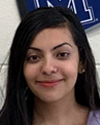
By Martina Hannaalla
Sometimes I like to tell people that my friends and family knew I wanted to be a doctor long before I did, but the truth is that the idea of me aspiring a future career in medicine has probably been instilled in me from a very young age. As I think back to my childhood, I conjure up memories of me holding my first stethoscope, being utterly awed and fascinated. I recall asking my cousins to come to my room to see Dr. Martina when they were sick. Taking out my ornamented stethoscope, I would attempt to perform checkups. Soon, this utter fascination transformed into a genuine interest in medicine.
Over the summer of 2017, I interned at Meharry Medical College in affiliation with Nashville General Hospital. I shadowed and assisted medical professionals, participated in clinicals and medical lectures, and eventually presented research on closing the health disparity gap in medicine to health associates. Throughout the internship, I was immersed in many clinical settings, observing and aiding in medical procedures in the various aspects of medicine. While this experience certainly ignited my passion for medicine, it also allowed me to develop a new outlook on medicine. I gained insight into the health disparities present in society. Many patients that came into Nashville General did not have health insurance or the means to get it; some would walk in severely ill simply because they couldn’t afford their medication.
As my interests evolved into the people-oriented aspects of medicine, I decided to volunteer oversees at the Alexandria Hospital in my home country of Egypt. I was exposed to a different cultural health environment and socioeconomic status. The clinics often had long wait times and were often understaffed. My experience volunteering in the hospital proved invaluable to my understanding of the health care field; I gained profound insight into the relationship between doctor and patient. As I assisted patients in the waiting room, I came to understand and learn about patients, deeply connecting with them. I experienced a sense of delight as I used my Arabic to help others in their hospital stay. As I reflect on this experience, I come to realize that my interactions with patients did not help them nearly as much as it helped me; After all, I was no medical professional. However, assisting in the hospital exemplified to me the different ways cultures around the world cope with illness and made me realize how much a person’s background can impact their health and wellness. It also allowed me to experience the joy of helping others which is not only my passion, but the core nature of a Medical Profession.
Seeing the many obstacles people in Egypt and those at Nashville General Hospital had to health care, my passion for medicine has stemmed into something bigger: a passion for serving the underserved. Research has constantly shown that even among insured populations, people of minority backgrounds are less likely to receive preventative health care. These health care disparities are largely contributed by socioeconomic factors, language barriers, and health illiteracy. Other factors include lack of diversity within the health care system and poor translation services. Nashville is getting more and more diverse each day and certain things must change to help bridge the growing health disparities. Disparities in health care do not only affect the groups facing disparities, but they also limit the overall quality of health care in society. To help bridge these gaps, certain programs can be put in place. Local employers and businesses can include preventative screenings annually. These local businesses can partner with local libraries throughout the Davidson county area and include literacy programs to booth health literacy in underserved populations. Health care systems can introduce cultural competency programs, hire more qualified staff from minority backgrounds, and introduce ways to enhance preventative care. The state of Tennessee should work more to identify populations at risk and work with local communities to address their needs.
Bridging Health Disparities in Nashville will require much collaboration and integration. If there is an initiative to introduce and implement these programs, Nashville’s health care quality would drastically improve. In the future I hope to use my education to contribute back to the underserved populations in Nashville. With my passion for medicine accompanied with my love of serving people, a post-secondary education will build my grassroots knowledge and skills to accomplish my dream of establishing a clinic with affordable health care serving those of diverse backgrounds and immigration statuses.
Congratulations Martina!
###
Help Students Achieve
Your donations help provide scholarships for students like Martina. By impacting young hearts and minds with scholarships, you not only facilitate more access to higher education, you also show our youth we are all in this together – an attitude that yields exponential returns for generations to come. Thank you for your generosity, and please continue to help students achieve. Please consider making a donation.
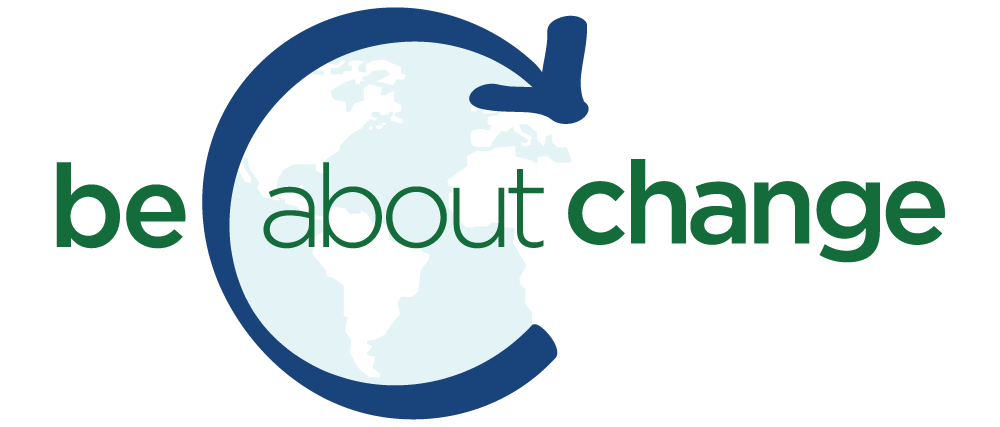
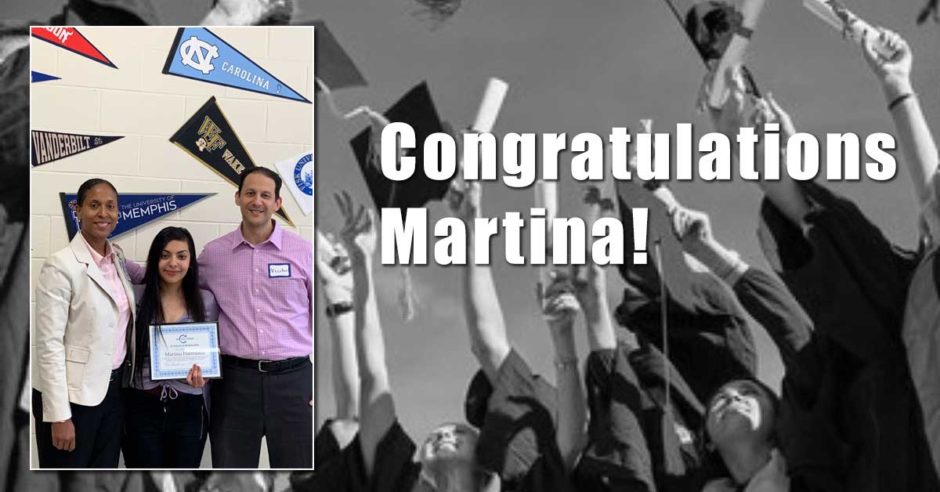
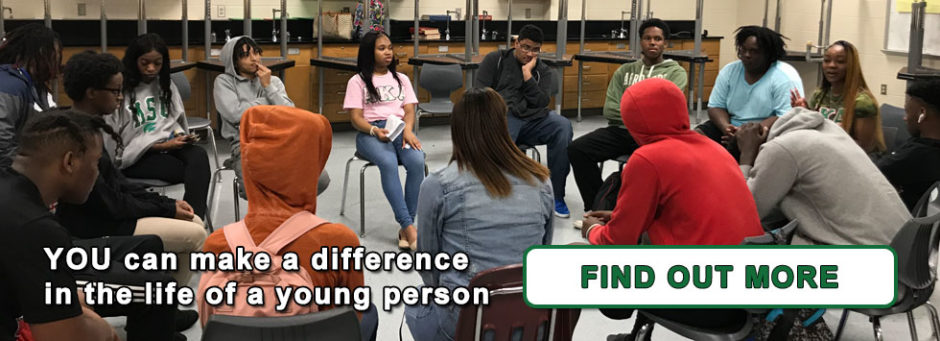
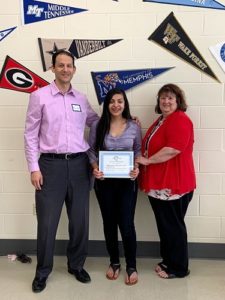





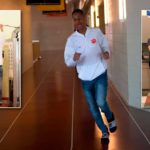
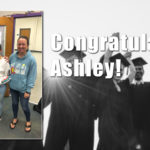

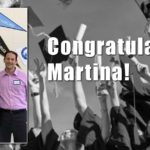
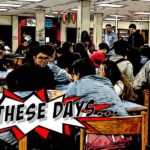


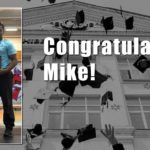
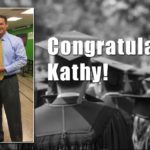

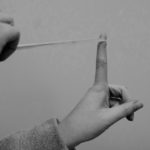
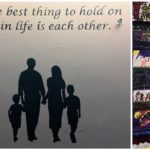
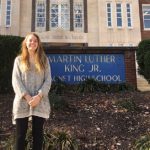

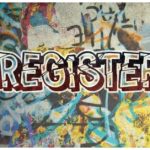

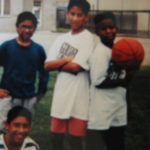

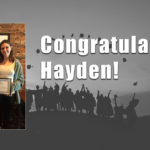
Comments 1 Comment
Greetings,
I’m 53 years old and have a masters degree in Counseling. Ten years ago I stopped working full time in the mental health community as I was struggling with Clinical Depression and Attention Deficit Disorder. I struggle with these issues still today. And I know there are droves of teenagers and youth in this city who also struggle with it too.
If you know of any ways I can become involved and support these youth I would love to hear your ideas. I yearn to make a difference in the mental health community through education, research and involvement.
Please let me know how I can help. I’m tired of struggling alone. I want to make a difference in my community.
Thank you!
Leave a Reply